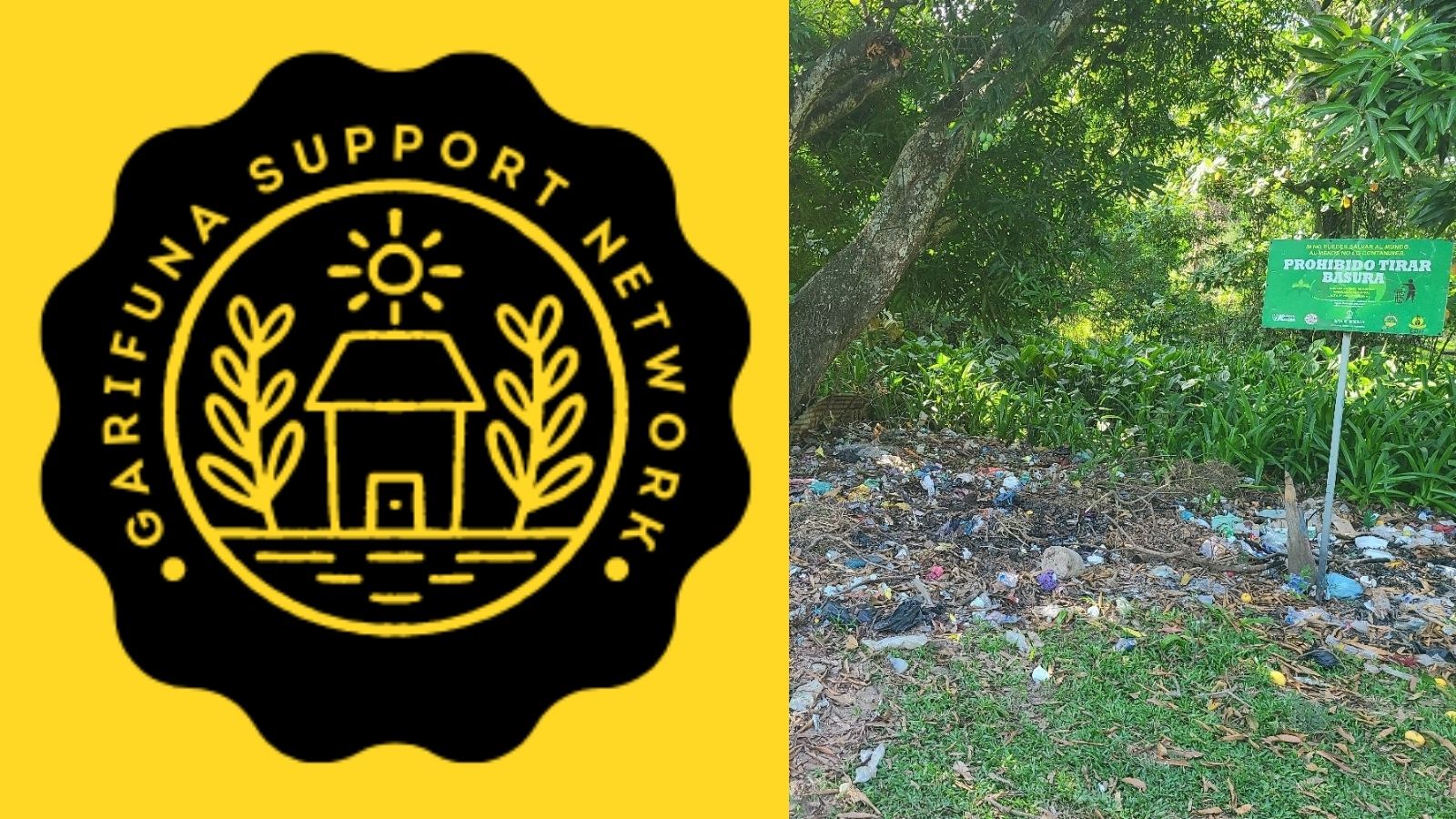MPA Program at CCNY and Walter Arzu

Walter Arzu (MPA ‘22) is a policy analyst and project manager with experience in advocacy and social work in New York City. He is strongly committed to using his skills and knowledge to promote social equity and environmental sustainability in the afro-indigenous Garifuna communities of Honduras, where his family is from. He created the Garifuna Support Network (GSN), and with support from the MPA Changemaker Fellowship, he designed a project to tackle one of the principal problems affecting the community: environmental contamination and waste management. He traveled to Honduras, consulted with community members, and created a plan to generate employment, raise community consciousness and engagement, and improve waste management. In this interview he discusses GSN and how people can support it.
What is the primary goal of your project?
The Garifuna Support Network (GSN) works to expose and address the environmental injustices plaguing the Garifuna community in Honduras. By creating a social media platform, we aim to create awareness of the issues and communicate with the Garifuna population in Honduras, the United States, and worldwide. By doing so, we hope to gather enough resources to implement a waste management system in the town of Rio Esteban. The system will include garbage bins, educational campaigns, and communications.
What motivated you to work on this project?
This project is significant to me in more ways than one. Being Garifuna and having family ties to the areas where GSN will service and uplift adds another level of clarity. Creating solutions to issues that have been ongoing in the community feels like the right thing to do. As the first member of my family to pursue a graduate degree and tackle injustices strategically, I am passionate about helping and feel obligated to support my community, Rio Esteban, which for many years has been without the resources it needs to progress. The members of the community are entitled to their fundamental human rights and should be provided with a safe environment. They live with constant water and food shortages, blackouts, and high levels of poverty. These issues go unseen by the local government and family members from the United States, who criticize but do not offer a helping hand or work to change the system.
How would you like to scale this project to reach more people?
After consulting with the locals and receiving their recommendations, we thought of multiple programs and initiatives to scale this project. The first step will be to install the garbage bins. Then we will employ two people per neighborhood to clean up the area every Monday and Thursday. Then we’ll create recycling zones or hotspots, such as churches, restaurants, and bars, where locals can drop off their recyclables. Along with this we plan to create an educational campaign with flyers, paintings, workshops, and posters, so there is a visual and behavioral change in the community. Once we have succeeded in Rio Esteban, we’ll replicate these the project in other Garifuna communities and see what can be modified and improved on existing projects.
How can people support your work?
Supporters can support us in several ways:
- follow the Instagram account @Garifunasupportnetwork
- visit the Garifuna Support Network website
- donate to our GoFundMe Campaign
- email me at Arzuwalter.93@gmail.com
Walter Arzu created this project with support from the MPA Changemaker Fellowship, a program that supports MPA students who propose a project that will apply the skillsets they are learning in the program to a community issue while advancing their own professional development. Find out more.